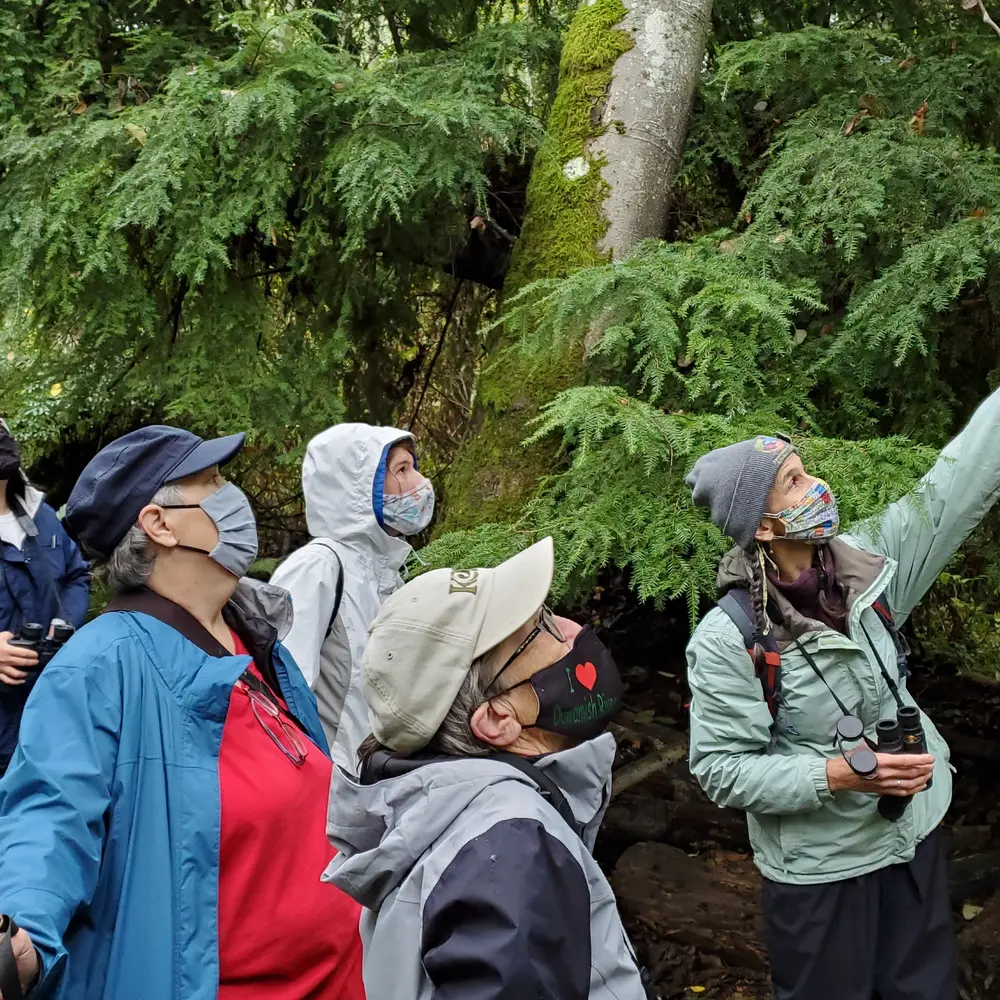By Steve Moore
There is a special feeling you get when you are sitting in the presence of greatness.
When you are in a small room with one other person, it can be easy to sense their energy, their wisdom, their expertise. But in a larger setting, a more spacious room with a greater collection of people, it takes true gravitas to stand out.
Several times in my career, I had the opportunity to speak before various congressional committees. Often, Congressman John Lewis would be sitting on those committees and heard my testimony.
Talk about gravitas.
In the presence of several other lawmakers, experts testifying on the subject at hand, media and members of the gallery, Congressman Lewis projected a quiet energy that always overtook the room. A giant of the Civil Rights movement and dedicated public servant, you could feel his presence the moment he walked in the meeting space. His words carried a greater weight and his attention felt more important than nearly every other person there.
And yet, away from his seat in the Capitol, Congressman Lewis walked the world like your “average” citizen. Recent stories following his passing are full of examples of how every day citizens can remember extraordinary conversations with this powerful man. As a homegrown Texan, I personally have a fond memory of sharing a conversation with Congressman Lewis about our personal preferences regarding southern BBQ. He was a man of the people because he never behaved like he was more than that.
At other points in my life, I also had the opportunity to meet with Dr. J.I. Packer. The highly revered theologian authored one of the most influential texts on spirituality in recent decades, Knowing God.
His friends warmly referred to him as the “Robin Hood of Evangelicalism” as he sought to help bring the “riches of history” to modern study of faith. Through his career, he was known as one of the most influential voices in The Church of England and one of the most sought-after speakers in the faith community. A man of worldwide respected scholarship, thoughtful teaching and infectious kindness, you could feel his presence even before you could see him in a room.
Talk about gravitas.
And yet, Dr. Packer approached the seriousness of his work and study with great joy. Friends remark that he “had a zest for life, a real whimsical streak, and a genuine cheerfulness. He also had a remarkable, dry wit, a love of clarinet and classic jazz music, a love of steam trains, a love of literature, and a love of food.” A larger than life personality that could also be unmistakably human.
In a heartbreaking moment of cosmic coincidence, we lost both of these voices on the same day. While we mourn the loss of greatness in our lives and the contributions we may have hoped these men were still able to provide, their passing invokes a very clear mission and theme.
“Wisdom is the power to see, and the inclination to choose, the best and highest goal, together with the surest means of attaining it.” #
Dr. J.I. Packer, Knowing God #
People like Congressman John Lewis and Dr. J.I. Packer are thinking about the “long game.” Yes, they want to do good and see good take place today and tomorrow. But they also recognize that our communities flourish over a long term relying on deep, personal sacrificed investments of individuals and organizations who work for good. These men recognize that the work they did today, the work they did at the turn of the millennia, the work they did 50 years ago, has paid and will continue to pay positive dividends for the communities they serve for generations to come.
"Ours is not the struggle of one day, one week, or one year. Ours is not the struggle of one judicial appointment or presidential term. Ours is the struggle of a lifetime, or maybe even many lifetimes, and each one of us in every generation must do our part.” #
Congressman John Lewis, Across That Bridge: A Vision for Change and the Future of America #
That is building a legacy that matters. A legacy of servant leadership.
Both Lewis and Packer were giants among men. And they were also simply people like you and I. Which only serves to underscore the notion that every one of us has the capacity to leave a great legacy if we approach our work with passion and dedication.
As we work with nonprofits, individual donors, philanthropists, business partners and other servants of the community, we often point back to the importance of legacy. The ripples we make in the water long after the rock we threw has sunk to the bottom.
At the Murdock Trust, we often talk about the legacy of our benefactor whose lifetime of work and careful forethought continues to provide positive support to the community today.
But legacies can be much more than that.
- Your legacy may be the loving family and societal contributions made by a young person you touch who turns to education and community over drugs and crime following mentorship by you.
- Your legacy may be the creation of a tool or resource that helps people live longer, healthier lives.
- Your legacy may be wisdom and examples that helps your children’s children’s children live productive, purposeful, prosperous lives.
Each of us does the work while we can but we must also think about how that work will leave behind a great legacy for those who follow.
Each of us is investing our lives each day in ways that will leave a legacy of some kind.
While we all ponder that question, our thoughts and prayers are with the Lewis and Packer families. RIP John and J.I. and thank you for all that you have done to serve the common good. We are the beneficiaries of the investments you have made and the examples you provide of lives well lived.
Photo by Lucas Newton on Unsplash
The post Gravitas appeared first on M. J. Murdock Charitable Trust.







